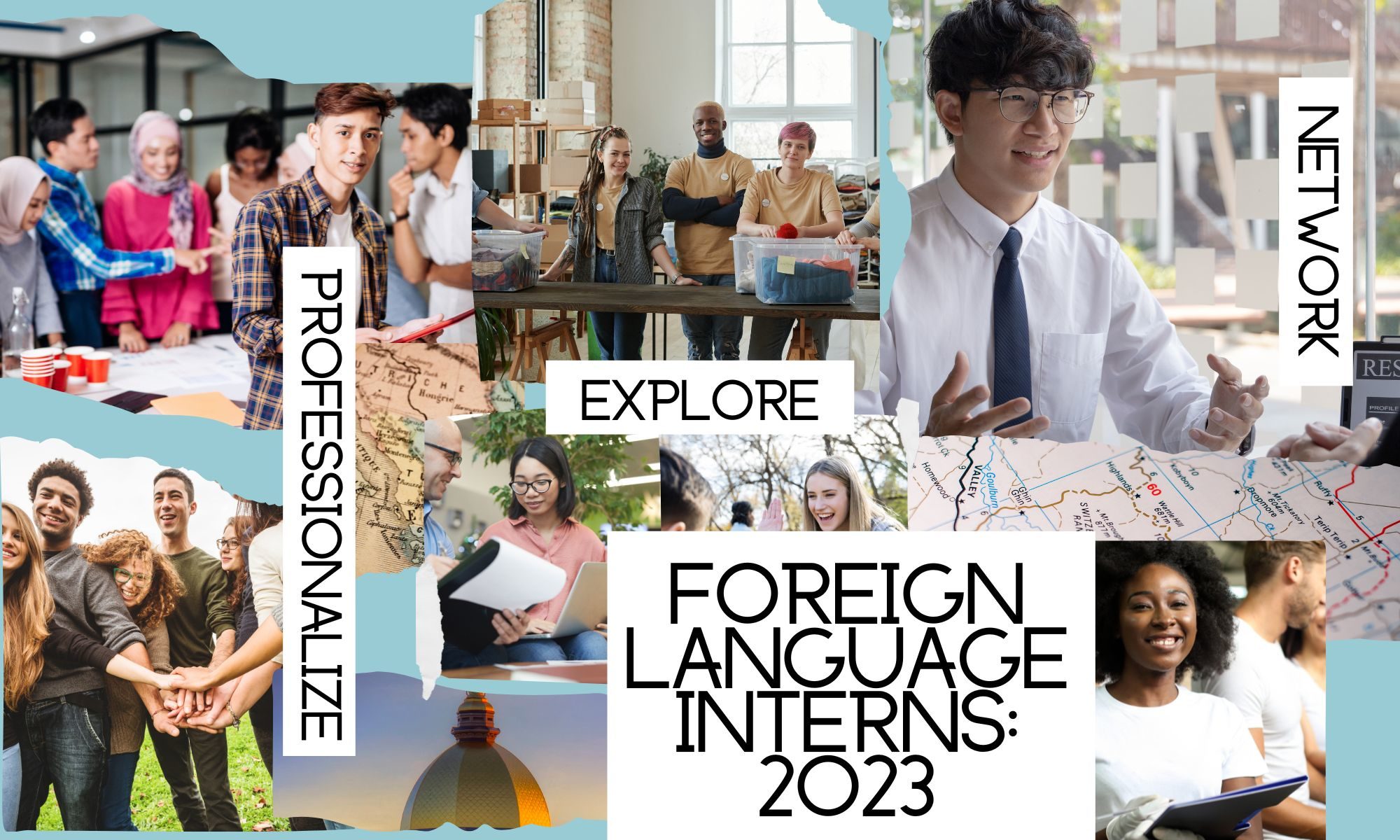Saludos (otra vez)! I am entering my final week here in Costa Rica, and I’m feeling an array of emotions! Although I am definitely excited to finally see my family and sister, I will definitely miss my Costa Rican family, the fresh fruit and bread with every meal, and the breathtaking nature. With all of these new and interesting adventures, I am most grateful for the new friendships I have made, as well as being able to learn about and experience various aspects of Costa Rican culture! Although my adjustment period was not too rough because of my Panamanian background, there were definitely cultural differences that surprised me quite a bit!
Upon arriving, I was greeted with my entire host family casually hanging out in the living room of the house. After some introductions and small talk, we all ate lunch together. Around dinner time, my two older host siblings had returned from running errands and sat right back at the dinner to break bread. Through this simple encounter and many others, I noticed that, generally, Costa Ricans are more collectivists rather than individualists. For every meal I have had at my house, I am always accompanied by my host family. This was further confirmed to me this past week during my Conversational English Adult class when one of my students told me that it is their “responsibility to watch after and take care of each other’s children.” This is very different from the very individualistic society in the United States. On several occasions, my host family has told me that they find U.S. society to be quite isolating and stressful, as the difference of collectivism and individualism behavior is heightened by the high uncertainty avoidance and long-term orientation in the U.S. as opposed to the low uncertainty avoidance and short-term orientation in Costa Rica. For me, I think this difference in uncertainty avoidance is best exemplified through the level of importance placed on punctuality in both countries. In Costa Rica, Tico time (the idea that Costa Ricans are always late so their excuse for being tardy is that they’re Ticos) is almost always used in every circumstance, and it exudes a very “go with the flow” mentality, whereas in the U.S. punctuality is taken very seriously. To them, punctuality is not as important so long as the work gets done and everyone is well. Moreover, when talking to my host family and adult students, they primarily seem to be concerned about the present, allowing the future to come when it needs to be.
Following my realization of such differences in cultural dimension, I have tried to become more of a collectivist. As an introvert, it has been a bit of a struggle being around my Tica family during most of my free time, only because I need time to recharge my social battery. However, I understand that my host family has gone completely out of their way to try and make me feel comfortable, so I can return the grand favor by simply sacrificing some personal time to learn more about them and Costa Rican culture. Regarding cultural dimension, prior to arriving I wish I had known more information about the language, as in how direct or indirect people generally are. In Costa Rica, people tend to speak very politely, are very cordial with strangers on the street, and DO NOT speak very directly. Growing up with a Panamanian mother, I am used to speaking very directly in Spanish–instead of “por favor, podrias pasar…” I usually say “dámelo,” which is considered to be a very aggressive phrase in Costa Rica. Therefore, knowing ahead of time the level of language directness in Costa Rica would have been very helpful, as there have definitely been times that I accidentally offended my host family, my students, or people in general by saying something too directly. Since this discovery of how directly or indirectly, I have been conscious of my diction and tone to ensure that I don’t come off as aggressive to the people I am communicating with. Furthermore, it has prompted me to think about how I (and Panamanians in general) come off to others when speaking, and upon considering this, I have come to the conclusion that perhaps there are some phrases I can say with a softer tone so as to not come off as sharp.
With that, there has been a plethora of cultural customs I have learned since being here and definitely new behaviors and ways of thinking I will apply when returning to the United States. Reflecting upon my six weeks here, I am content with all I have seen and experienced since being here. Most of all, I am beyond thankful for my host family and the amazing students I have gotten to know on a deep and personal level. I am grateful to God for providing me with such an opportunity to improve my Spanish, meet such amazing and inspiring people, and embrace a new culture. I cannot wait to see what the rest of my days look like here and if Costa Rica part 2 is in my near future!
